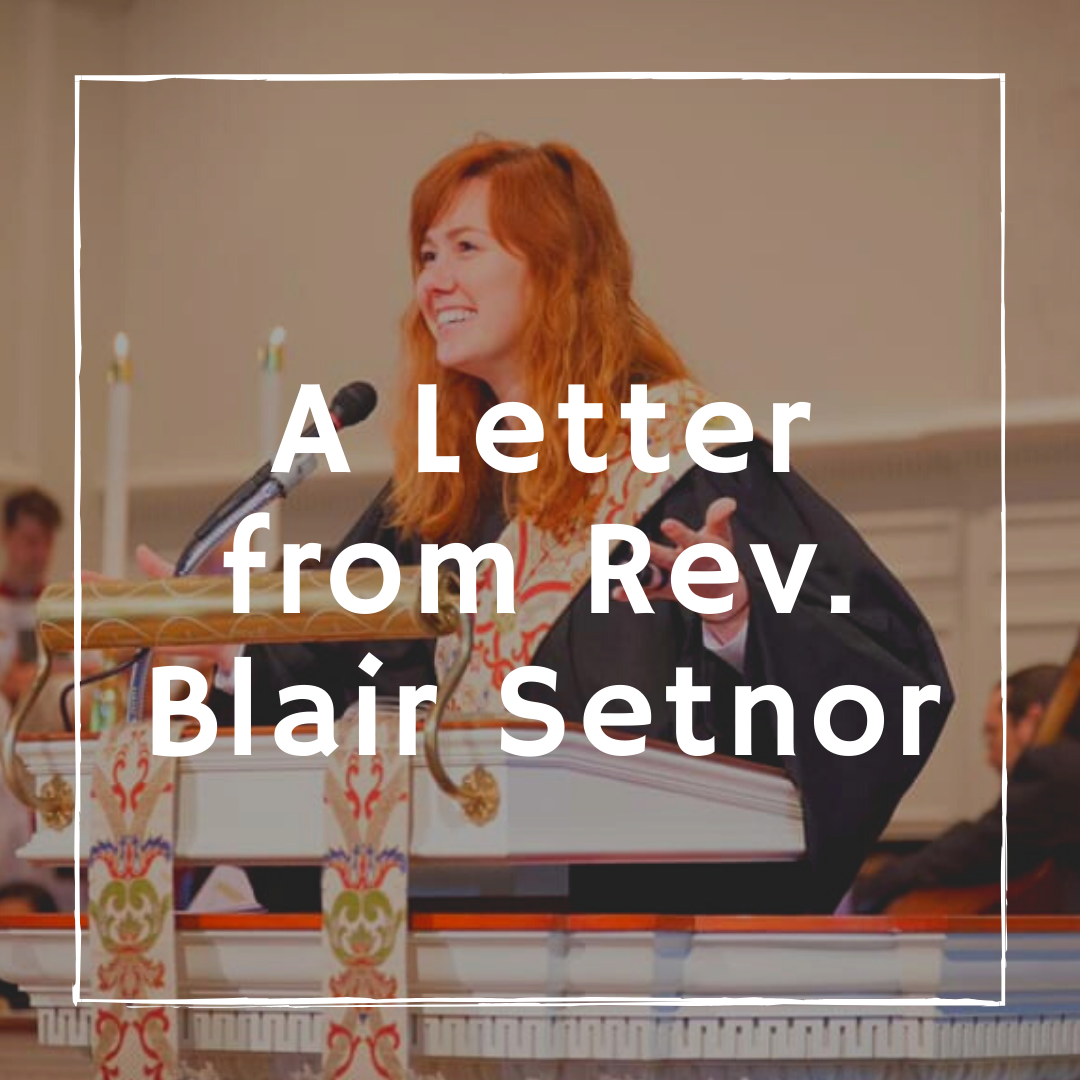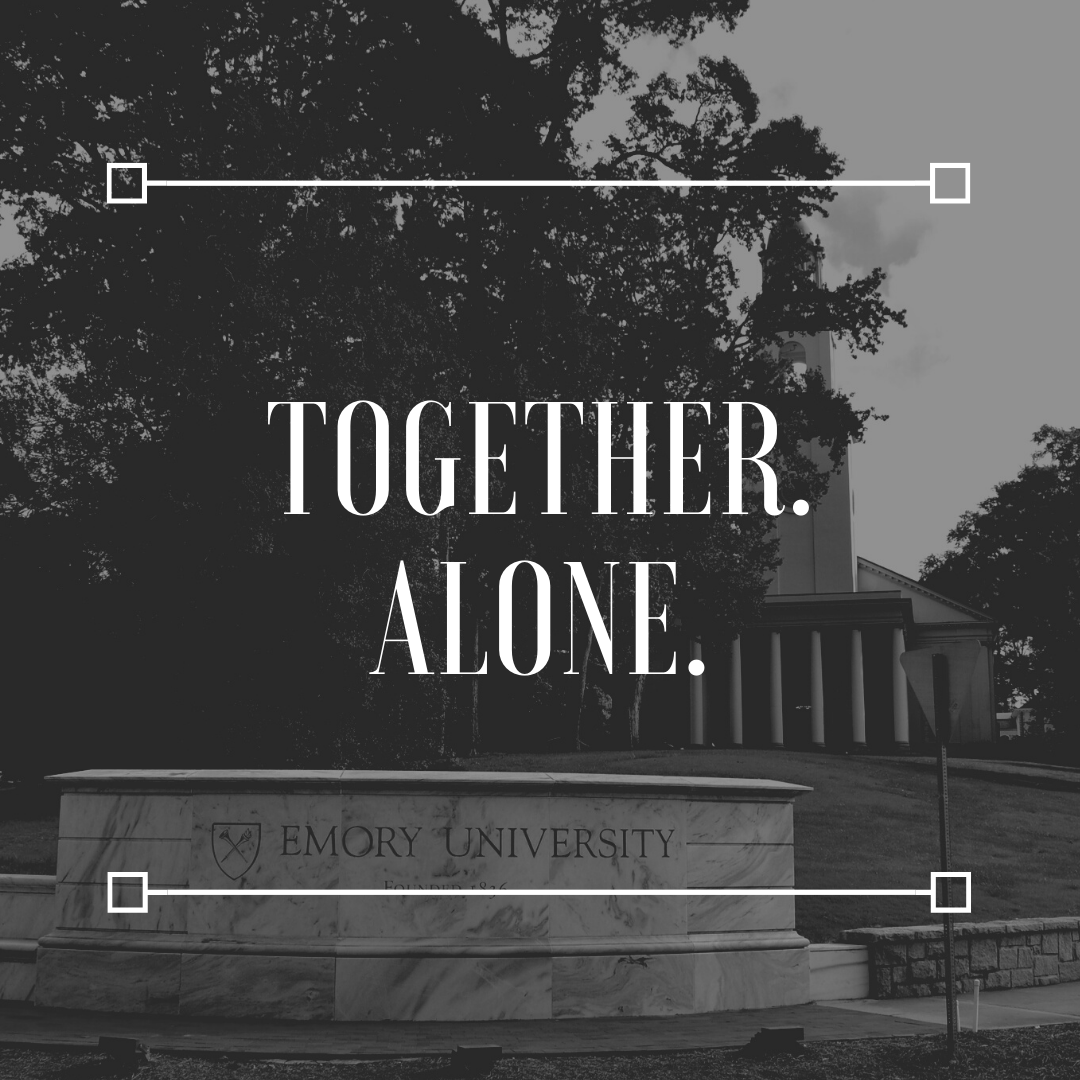By LYNN SPENO, Glenn Environmental Committee
Fifty years ago this month, the first Earth Day was celebrated. The day was a response to an environment in crisis. There was smog, oil spills, and polluted rivers catching fire. On that Earth Day on April 22, 1970, 20 million Americans protested in the streets, on college campuses, and in cities to demand a path forward for this planet, and from that event, the modern environmental movement was launched.
During our current coronavirus crisis, with millions of people staying at home, the air is clearer, the skies bluer than in decades. Comments from places such as India have been heard that people did not realize that the sky was blue. Pollution has been enormously reduced in many parts of the world. What will happen when we return to a new normal remains to be seen. Hopefully lessons will have been learned about the impact of so much fossil-fuel pollution.
So what followed from that first day? Landmark environmental laws were passed in this country, including the current Clean Air, Clean Water and Endangered Species acts as well as the creation of the Environmental Protection Agency (EPA).
Where are we today? Currently environmental protections are being rolled back at an astonishing rate. We need to hold businesses and governments accountable for their role in our current environmental crisis. We need to speak up and call for bold, creative, and innovative solutions. We each have power and influence as a consumer, a voter, and a member of our church and community. Contact your government representatives and contact businesses that you frequent and make your thoughts known. Think of the enormous impact that one teenager, Greta Thunberg, has recently had to engage and embolden people around the world in a call for new plans of action and global collaboration.
What has been the response of the United Methodist Church to the environmental crisis? There are many ways that the church has engaged in this issue.
1. The 2016 United Methodist Book of Discipline-Part V Social Principles: The Natural World defines the many ways we are called to care for the earth. “All creation is the Lord’s, and we are responsible for the ways we use and abuse it.” https://www.ctcumc.org/files/fileshare/2016-book-of-discipline.pdf
2. The 2009 letter, God’s Renewed Creation: Call to Hope and Action, from the Council of Bishops reminds us that we are one interconnected system that is “groaning in travail” (Romans 8:22) and we must work together to overcome the issues that face us today. https://www.umnews.org/en/news/council-of-bishops-adopt-gods-renewed-creation-call-to-hope-and-action
3. The UMW has made climate issues a focus of their mission “Just Energy 4All”. Look at the many resources available on their webpage. https://www.unitedmethodistwomen.org/climate-justice
4. As the humanitarian relief and development arm of The United Methodist Church, the General Board of Global Ministries is engaged in creation care throughout the world with missionaries, volunteers, and staff partnering to address some of the most critical issues that we face today. https://www.umcmission.org/learn-about-us/our-work/creation-care
5. Closer to home, the North Georgia Creation Care Network launched online this past February providing tips, links, and ways for churches to engage their membership in this important issue. https://www.ngumc.org/creationcare
6. Glenn formed an Environmental Task Force (later Committee) in 2007 to explore how our church could be a part of the solution to environmental issues. Working in partnership with Emory and their sustainability initiatives, https://sustainability.emory.edu/, we have made important strides in recycling and composting initiatives on our campus, as well as raising awareness of the connection between our faith and our responsibility to care for creation.
Here at Glenn this summer, we have plans to host a Sunday morning lecture series focused on climate action. As of today, it is unclear whether the current health crisis will allow us to meet. So stay tuned! The series, Earth Justice: Be the Change!, is set to begin June 7 with Rev. Kate Mosely from Georgia Interfaith Power & Light and end on August 2 with Glenn’s Rev. Jenny Phillips. We will hear from a diverse group of speakers about what the current issues are and ways we can engage at home and with others, both within the church and within the community. We hope you will join Glenn’s Environmental Committee each Sunday at 9:45 am in the Ward Fellowship Hall as we learn about ways to grow our faith in caring for our planet.
































